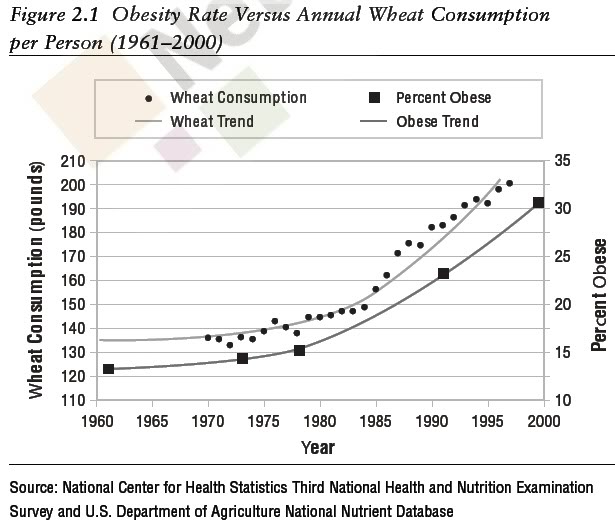I would recommend Taube's book Good Calories Bad Calories. He shows that there is copious research showing the modern diet recommendation is horrible. The problem is that the institutions have allowed very bad science to hold sway. There is no data supporting the cholesterol theory for heart disease. There never was. What they have done is have a strong personality hold sway - Ancel Keys (not unlike a preacher) despite test after test not providing support for the hypothesis.
What they have done is formulate a hypothesis that if A, then B. They do a test that shows if A, not B. Then the conclusion is, the hypothesis is correct, the test results are wrong. This lack of science and reason has been done for some 70 years of medical/nutrition "science"! Repeated tests engender the same results and the same idiotic conclusions. The reason is that a blowhard bullies all others, slanders them, and basically bullies his way to making the govt buy into their theory. Then we have pileing on with researchers and doctors afraid to go against the conventional wisdom because they will be drummed out of their livelihood and get no more research money.
When you go to the actual data all these studies presented, it is obvious that the current hypotheses are grossly wrong. It is junk science at its finest.
What they have done is formulate a hypothesis that if A, then B. They do a test that shows if A, not B. Then the conclusion is, the hypothesis is correct, the test results are wrong. This lack of science and reason has been done for some 70 years of medical/nutrition "science"! Repeated tests engender the same results and the same idiotic conclusions. The reason is that a blowhard bullies all others, slanders them, and basically bullies his way to making the govt buy into their theory. Then we have pileing on with researchers and doctors afraid to go against the conventional wisdom because they will be drummed out of their livelihood and get no more research money.
When you go to the actual data all these studies presented, it is obvious that the current hypotheses are grossly wrong. It is junk science at its finest.


 ). I'll have to experiment and see what I think I could keep up all day long, but 3 mph probably isn't it.
). I'll have to experiment and see what I think I could keep up all day long, but 3 mph probably isn't it.